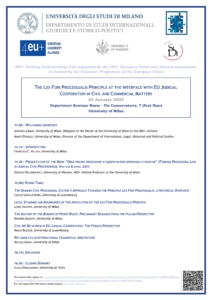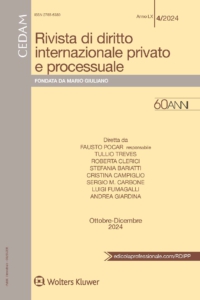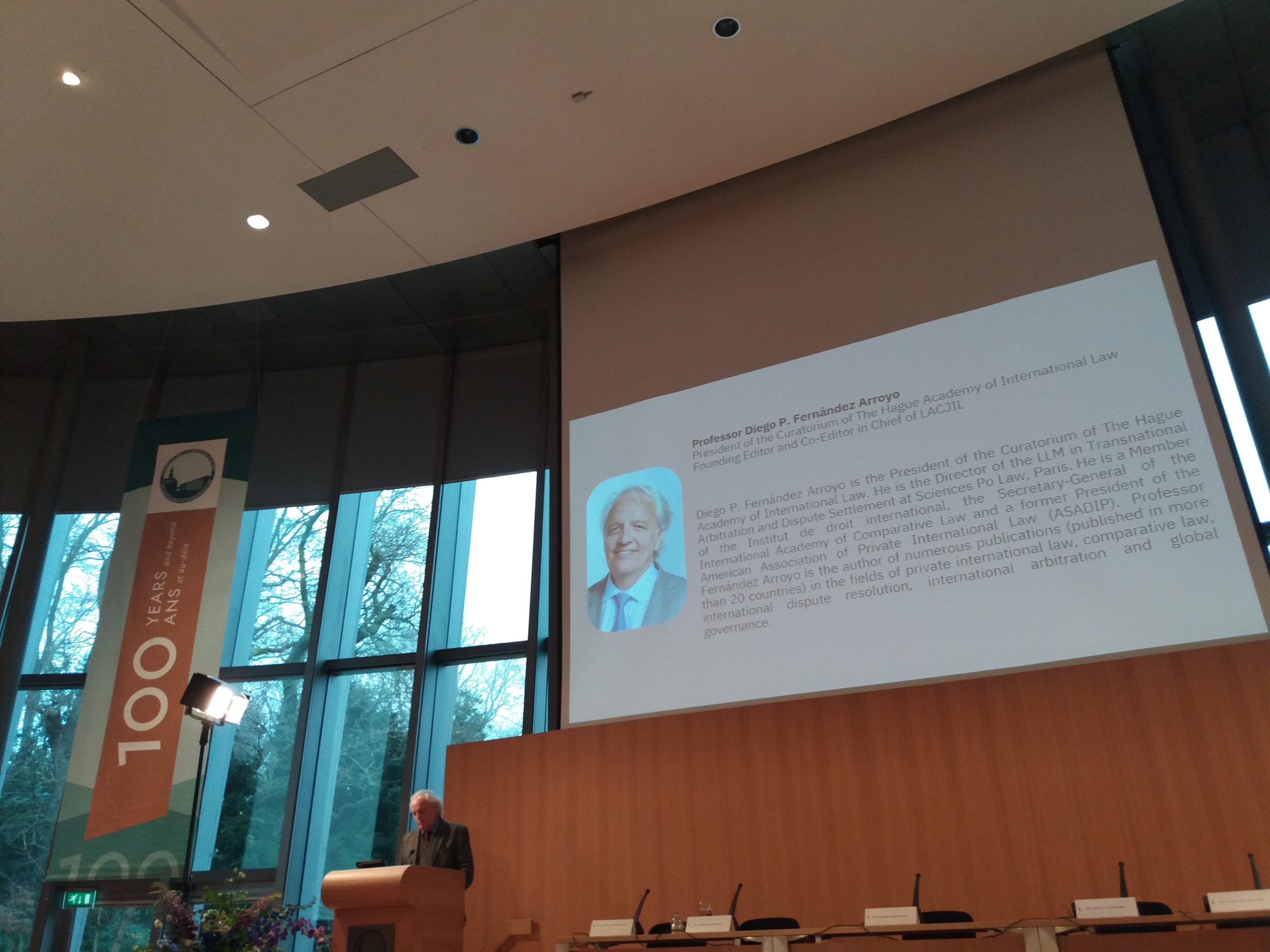 The seminar The Lex fori processualis principle at the interface with EU judicial cooperation in civil and commercial matters will take place on 24 January 2025 at the University of Milan. The seminar is organized as part of the 4EU+ Visiting Professorships Call, supported by the 4EU+ European University Alliance and co-funded by the Erasmus+ Programme of the European Union.
The seminar The Lex fori processualis principle at the interface with EU judicial cooperation in civil and commercial matters will take place on 24 January 2025 at the University of Milan. The seminar is organized as part of the 4EU+ Visiting Professorships Call, supported by the 4EU+ European University Alliance and co-funded by the Erasmus+ Programme of the European Union.
Hosted by the Department of International, Legal, Historical, and Political Studies of the University of Milan, the seminar will open with welcoming addresses (Antonella Baldi and Marco Pedrazzi) and an introduction (Francesca C. Villata). Bartosz Wolodkiewicz (University of Warsaw), currently a 4EU+ Visiting Professor at the University of Milan, will present the findings of his new book on foreign procedural law in civil judicial proceedings (Obce prawo procesowe w sadowym postepowaniu cywilnym, Wolters Kluwer 2024). Following this, a round table with international scholars will explore various aspects of the lex fori processualis principle, covering topics such as historical perspectives (Carlos Santaló Goris), legal standing (Lenka Válková), burden of proof (Martino Zulberti), ne bis in idem in EU judicial cooperation (Marco Buzzoni), and res judicata in international commercial arbitration (Michele Grassi). The seminar will conclude with a discussion and closing remarks by Elena D’Alessandro (University of Turin).
For more information on the 4EU+ Alliance, follow:
Facebook: 4EUplusAlliance
Instagram: 4euplus_alliance
LinkedIn: 4EUplus
#4EUplusAlliance #EuropeanUniversities #GrowingInMotion
With thanks for the tip-off to Dr Lenka Válková, University of Milan






